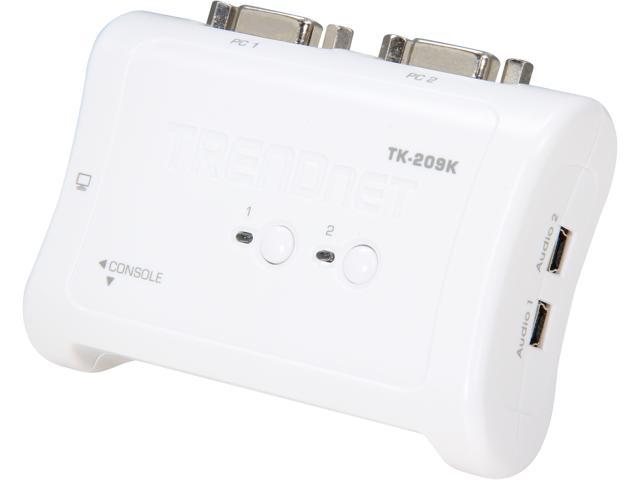This report is the first of its kind to measure health service coverage and financial protection to assess countries’’ progress towards universal health coverage. It shows that at least 400 million people do not have access to one or more essential health services and 6% of people in low- and middle-income countries are tipped into or pushed further into extreme poverty because of health spending. Universal health coverage (UHC) means that all people receive the quality, essential health services they need, without being exposed to financial hardship. A significant number of countries, at all levels of development, are embracing the goal of UHC as the right thing to do for their citizens. It is a powerful social equalizer and contributes to social cohesion and stability. Every country has the potential to improve the performance of its health system in the main dimensions of UHC: coverage of quality services and financial protection for all. Priorities, strategies and implementation plans for UHC will differ from one country to another. Enhanced and expanded monitoring of health under the Sustainable Development Goals (SDGs) should seek to build on that experience, sharpening our focus on the key health service and financial protection interventions that underpin UHC. Effective UHC tracking is central to achieving the global goals for poverty alleviation and health improvement set by the World Bank Group and WHO. Without it, policymakers and decision-takers cannot say exactly where they are, or set a course for where they want to go. They cannot know whether they are focusing their efforts in the right areas, or whether their efforts are making a difference. Monitoring is thus fundamental to the achievement of UHC objectives. It will also be vital to the realization of the SDGs. This report is a critical step to show how monitoring progress can be done, telling us what the state of coverage of interventions and financial protection is and telling us where to focus most.















